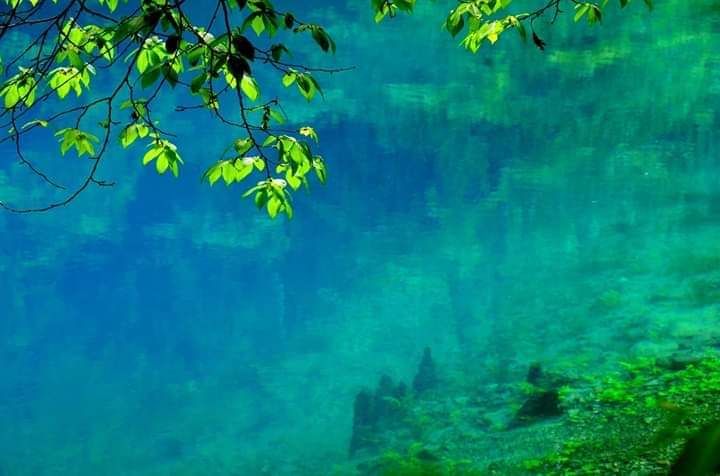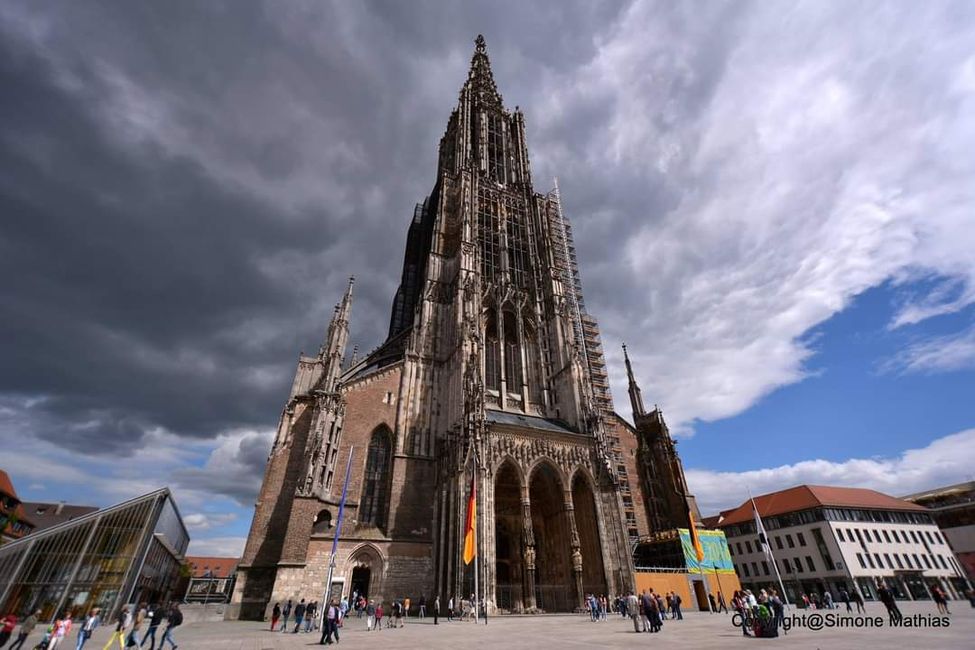
baden-wuerttemberg-in-bildern
vakantio.de/baden-wuerttemberg-in-bildern
Between Vines and History: The Yburg in Focus 📸
প্ৰকাশিত: 04.09.2024
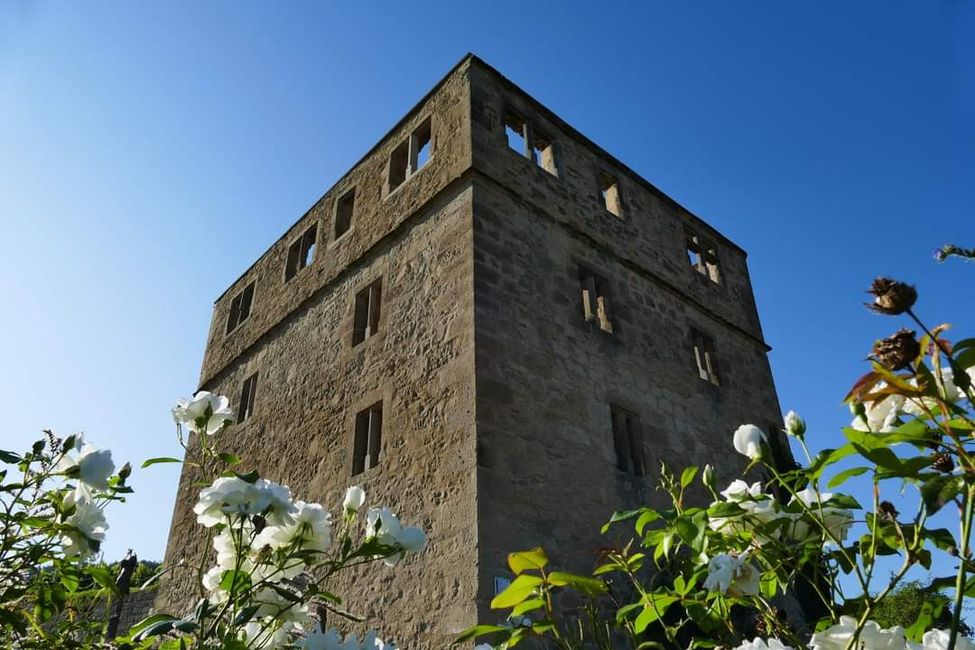
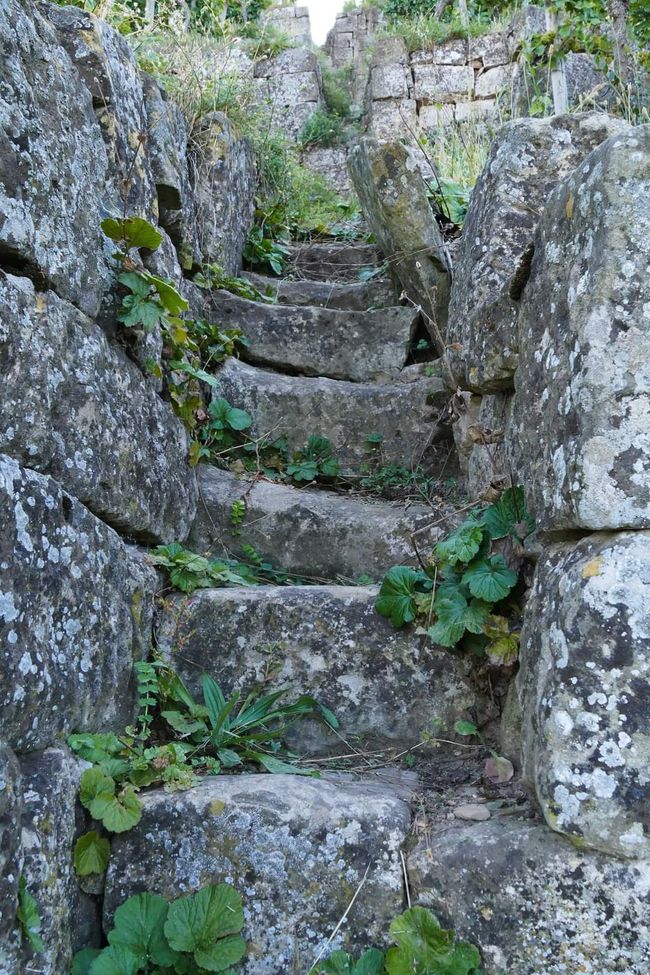
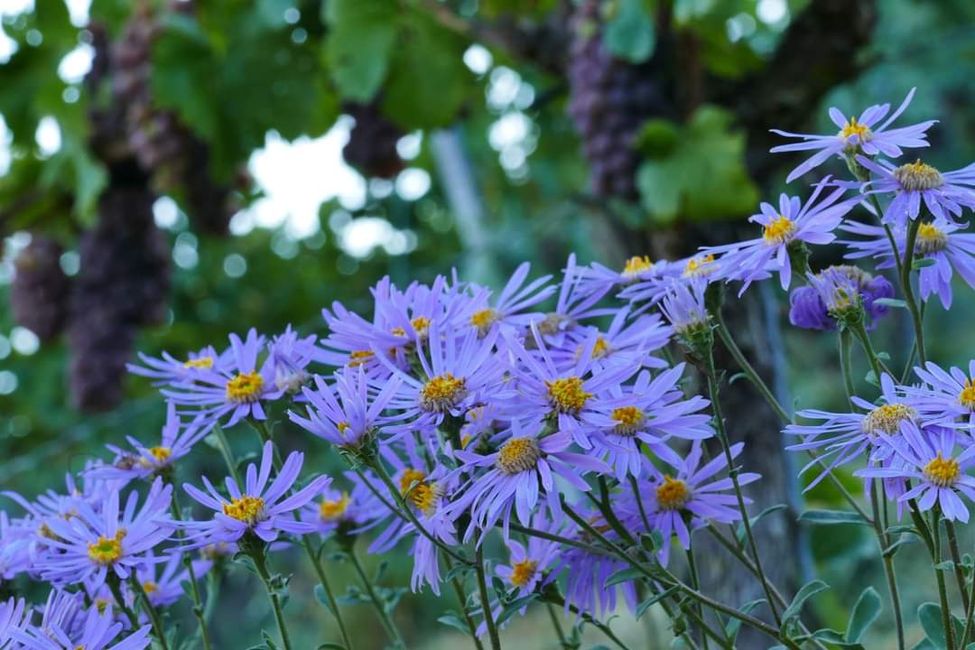
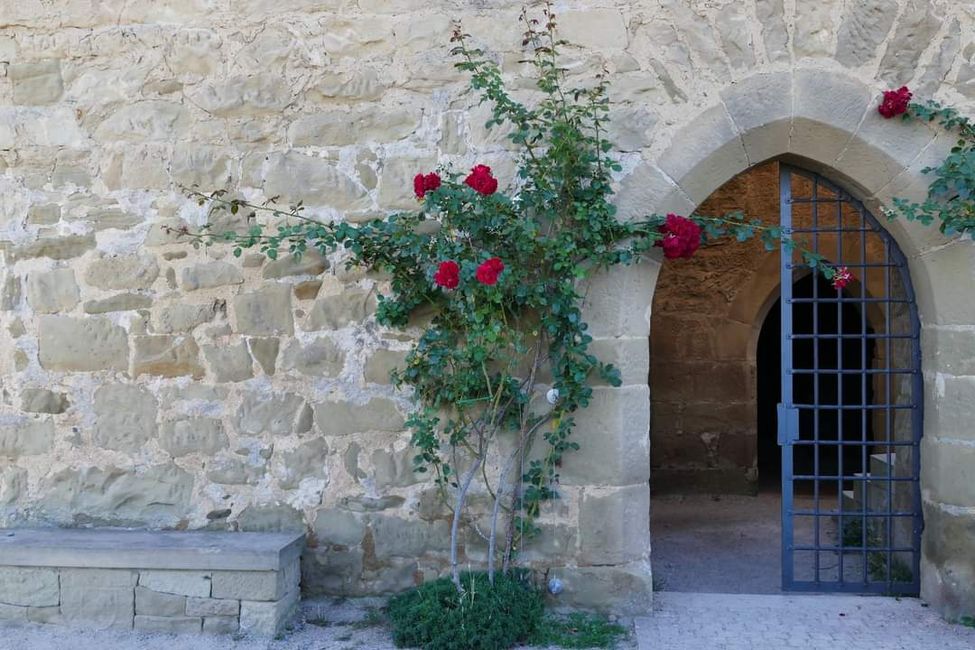
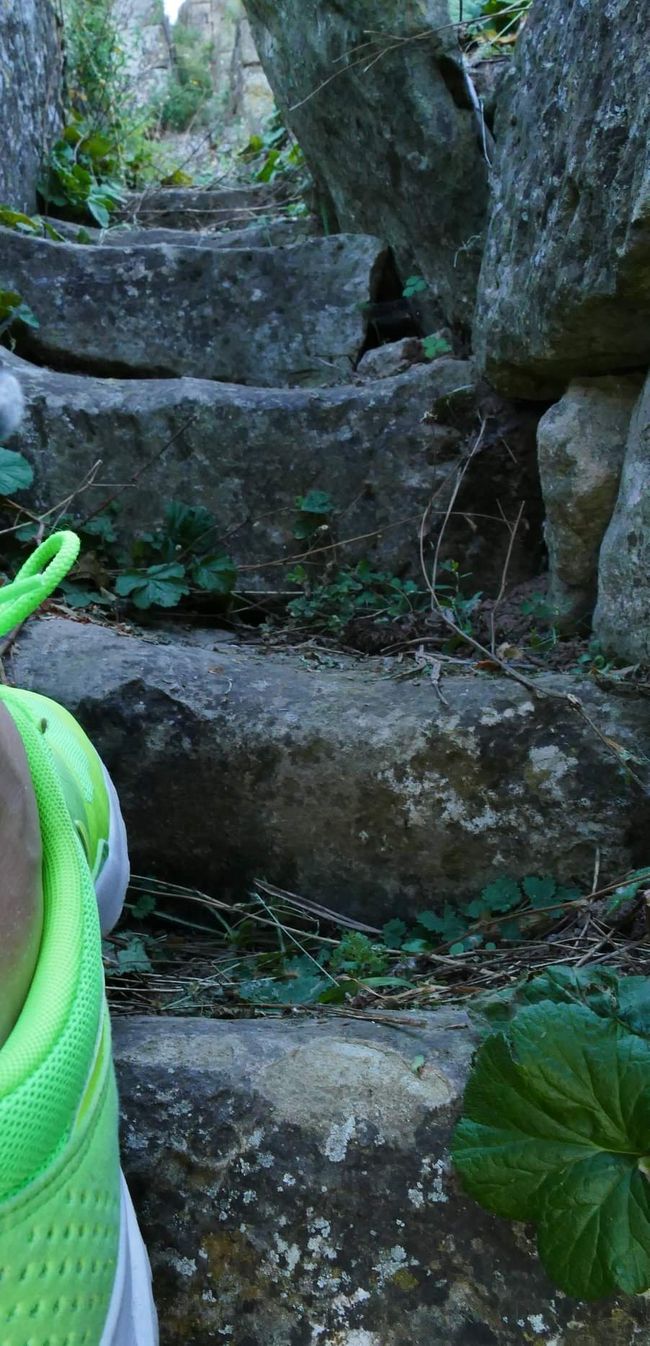
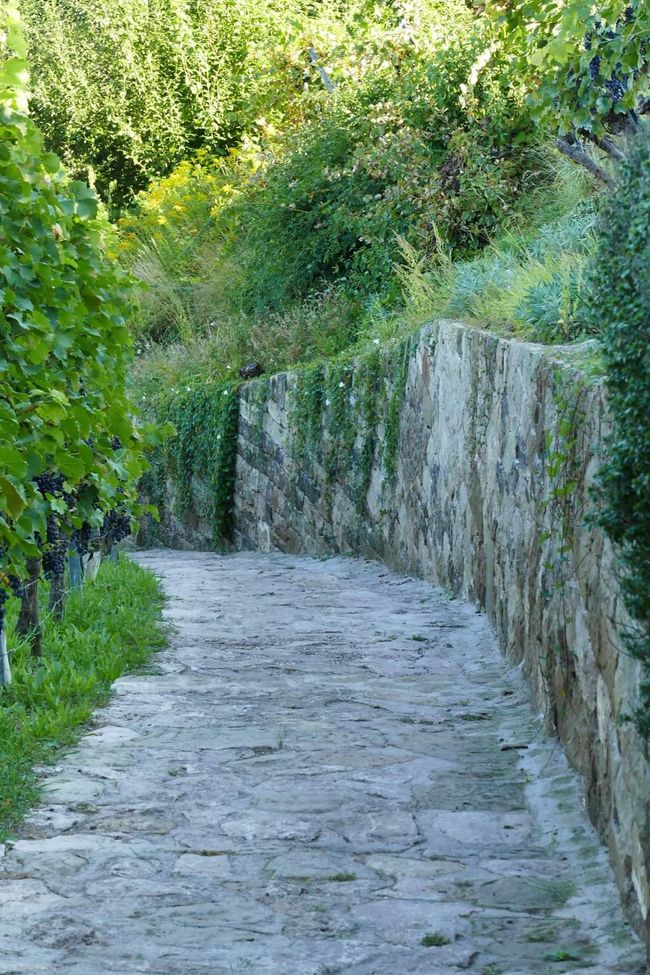
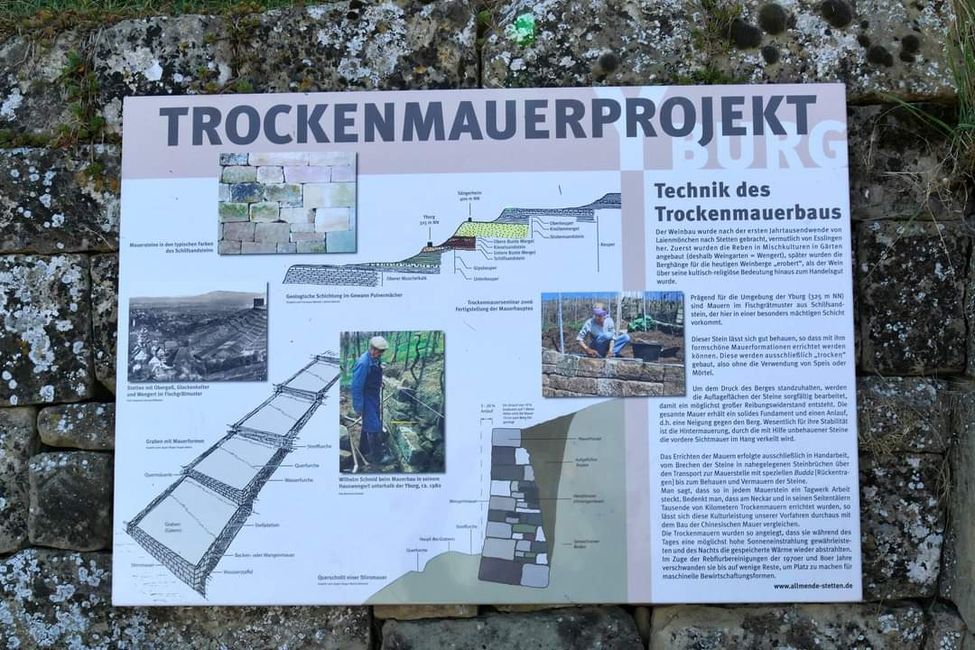
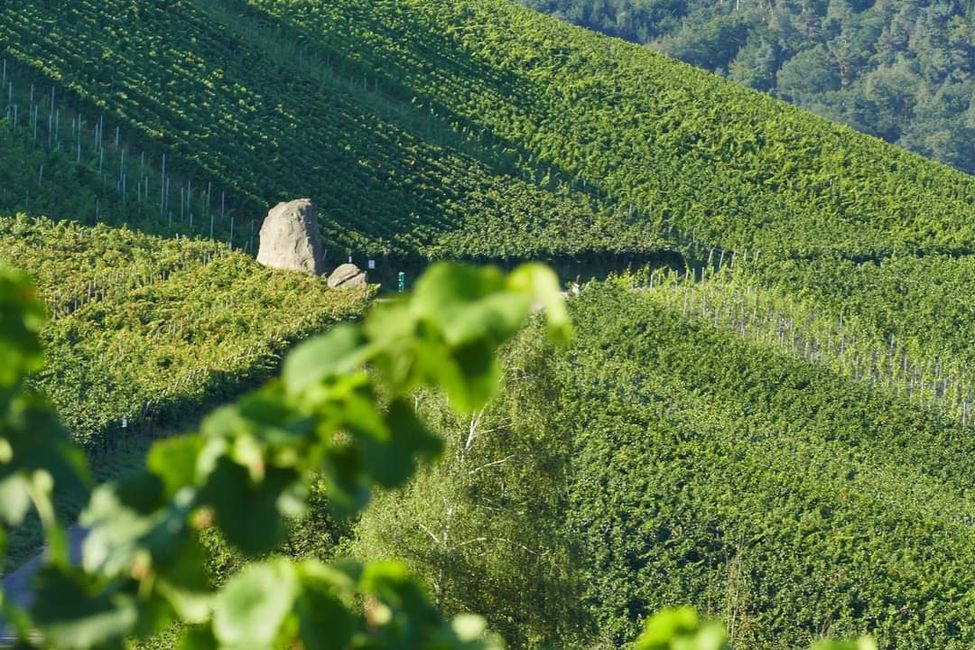
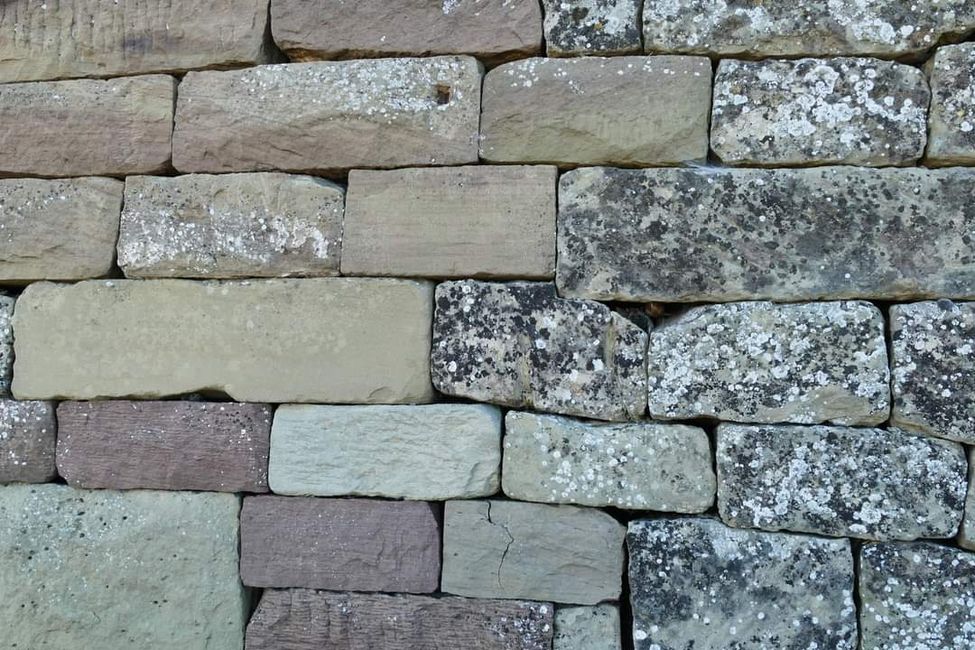
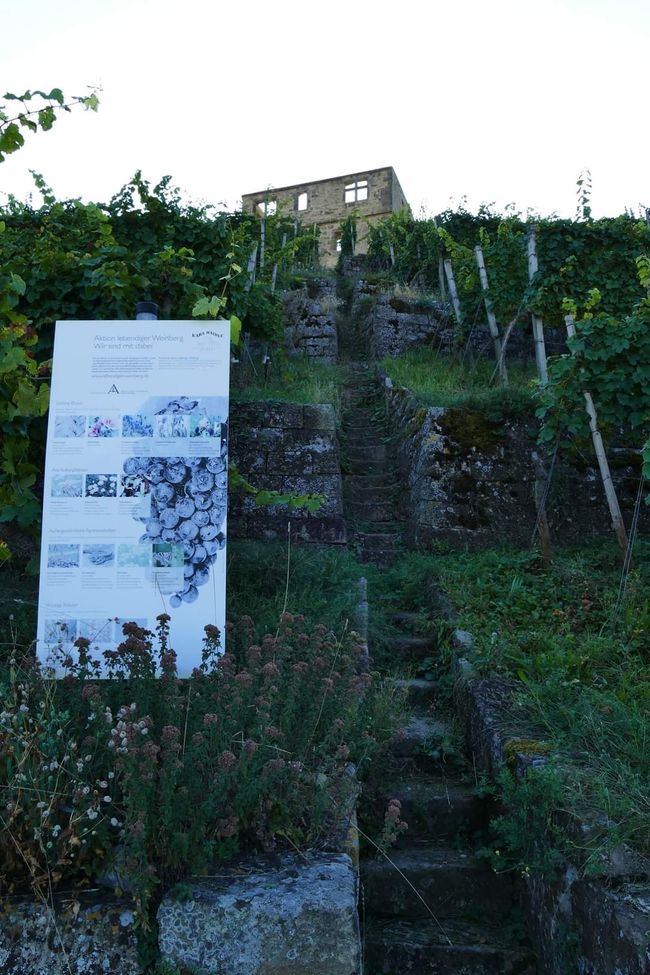
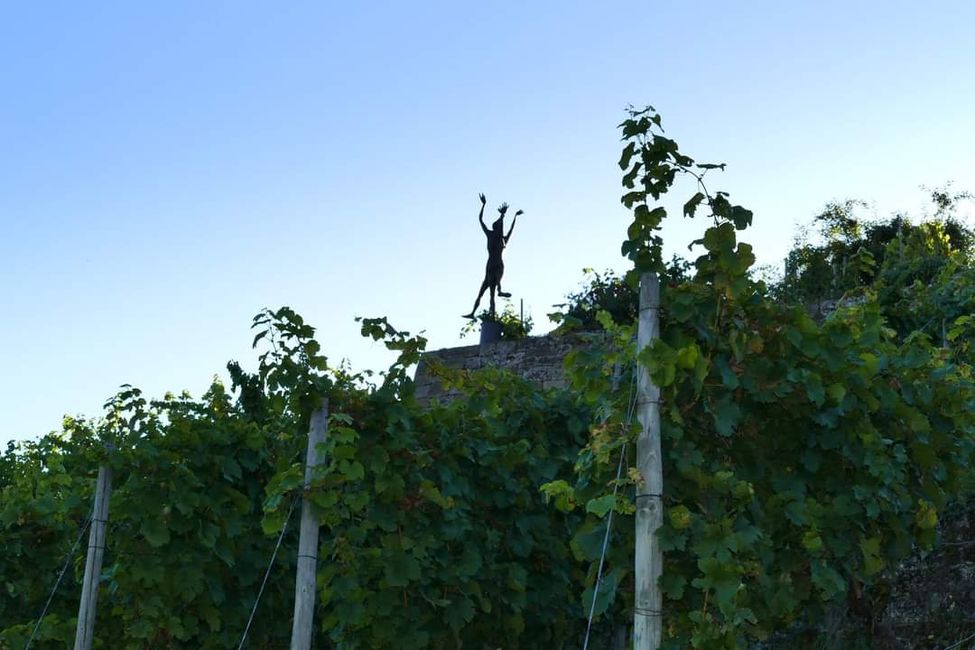
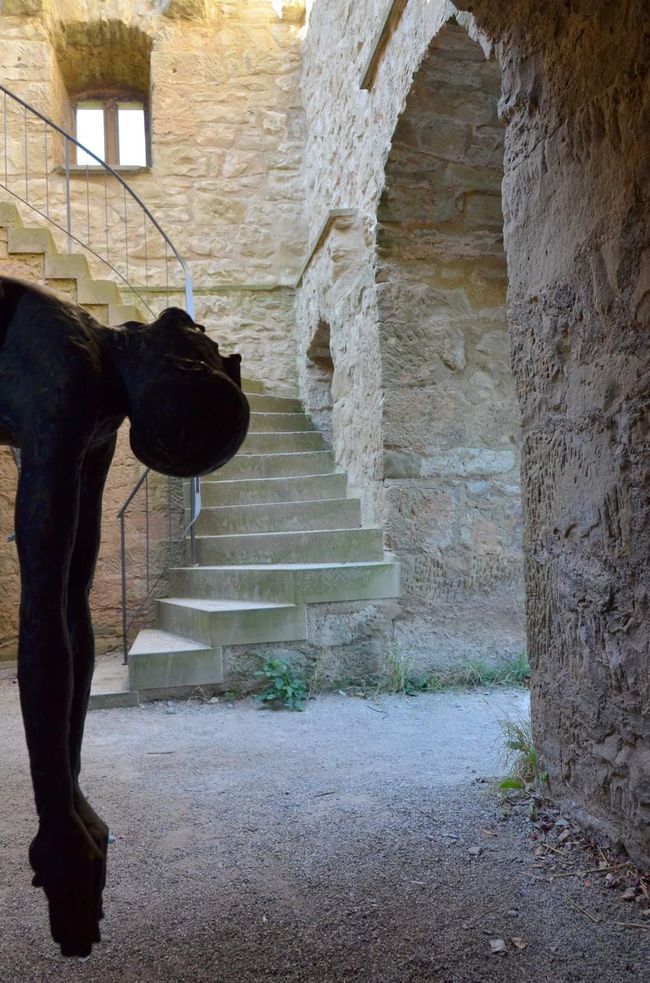
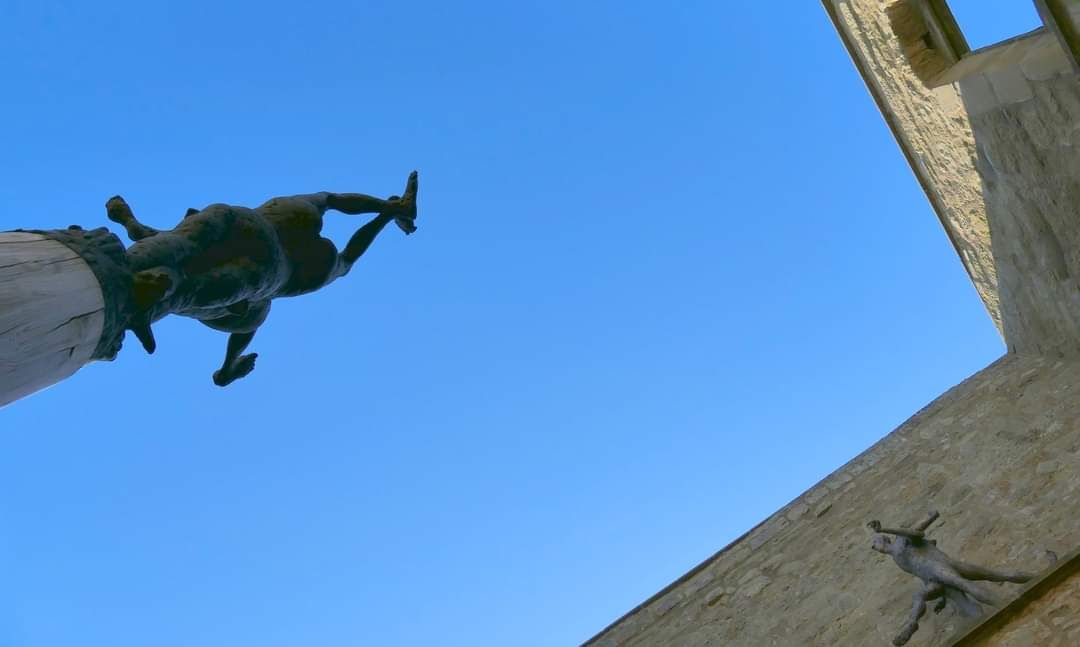
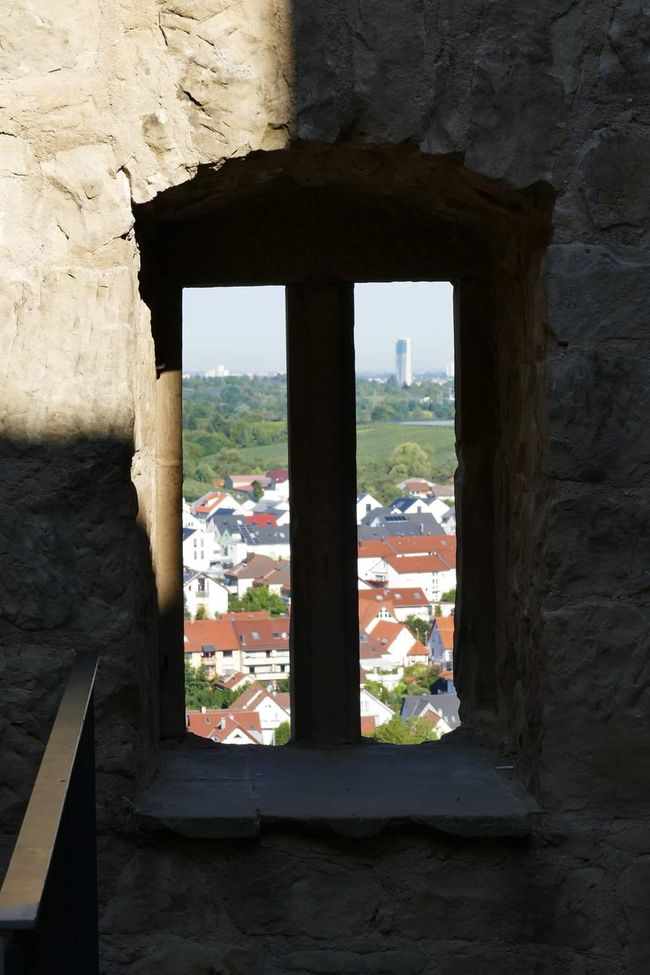
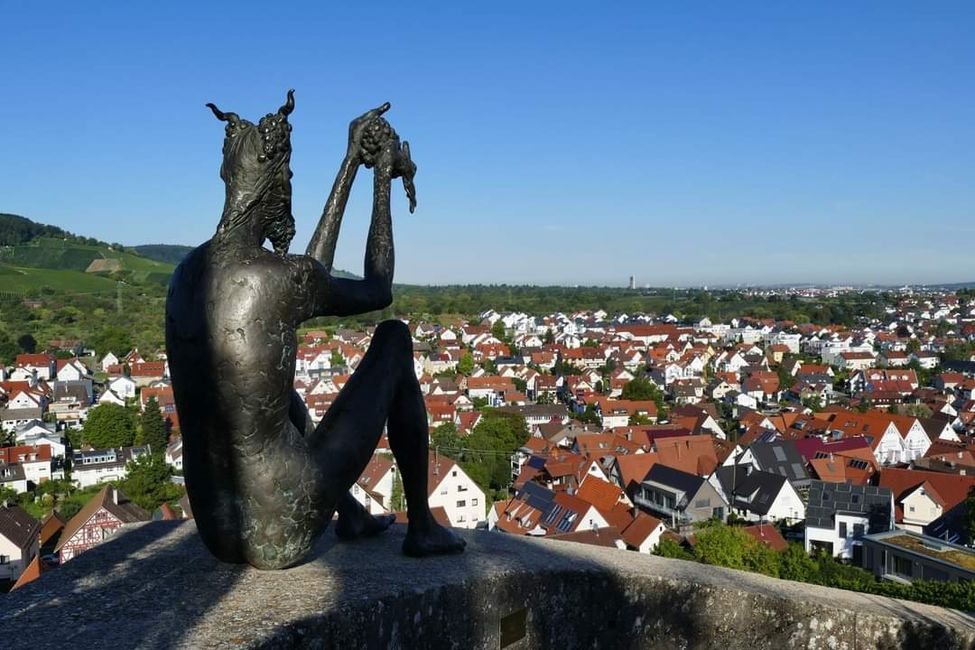
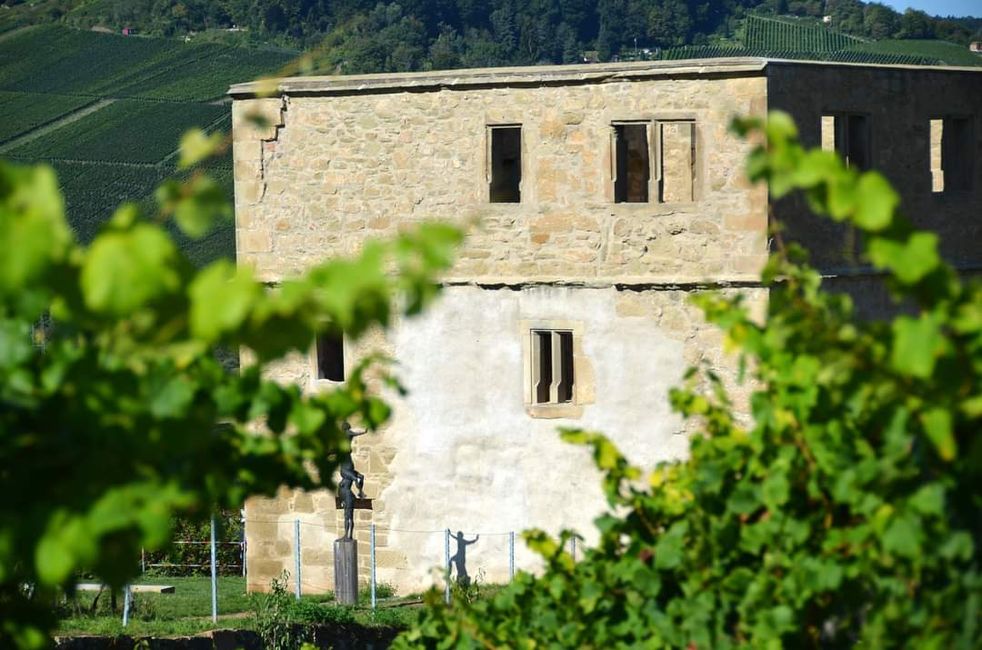
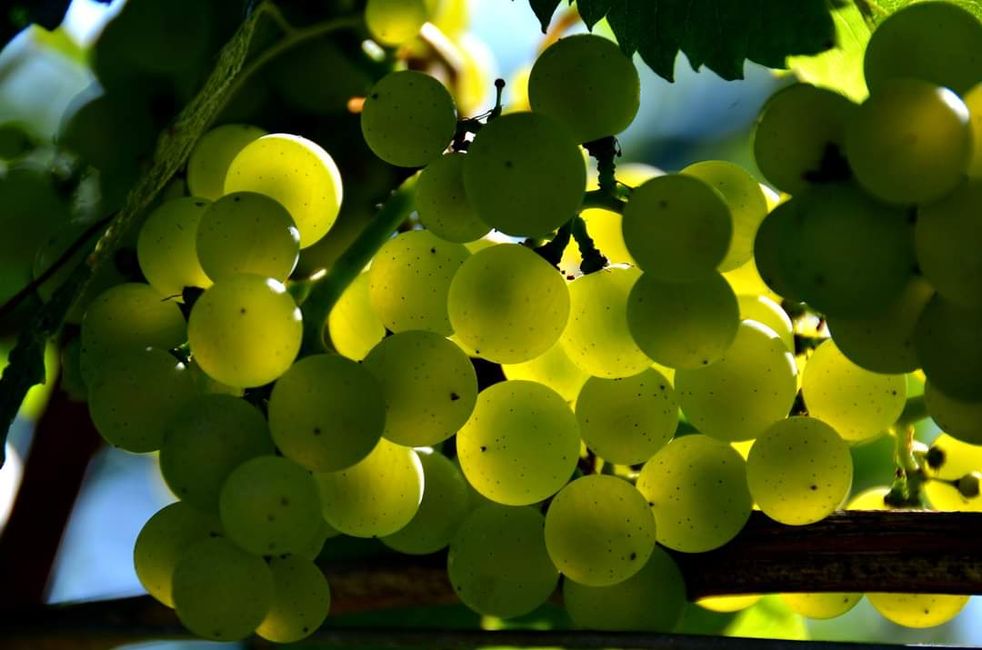
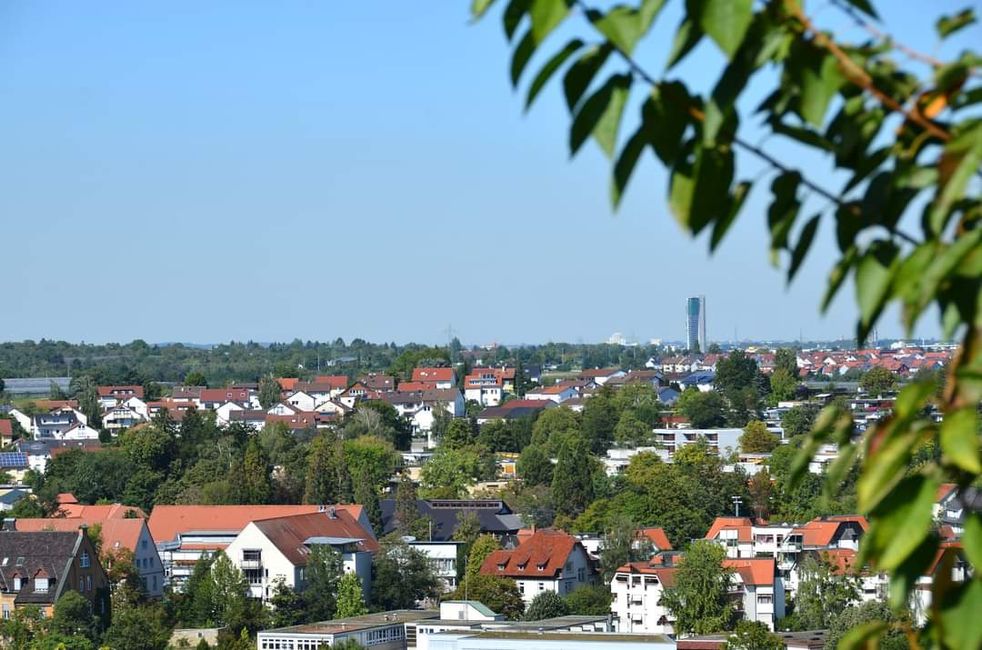
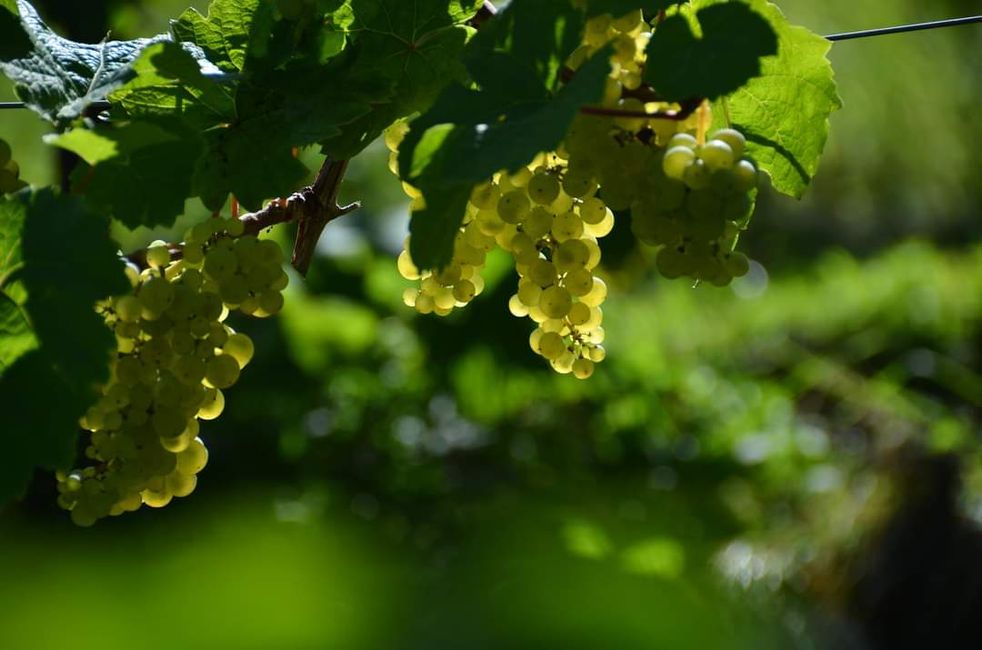
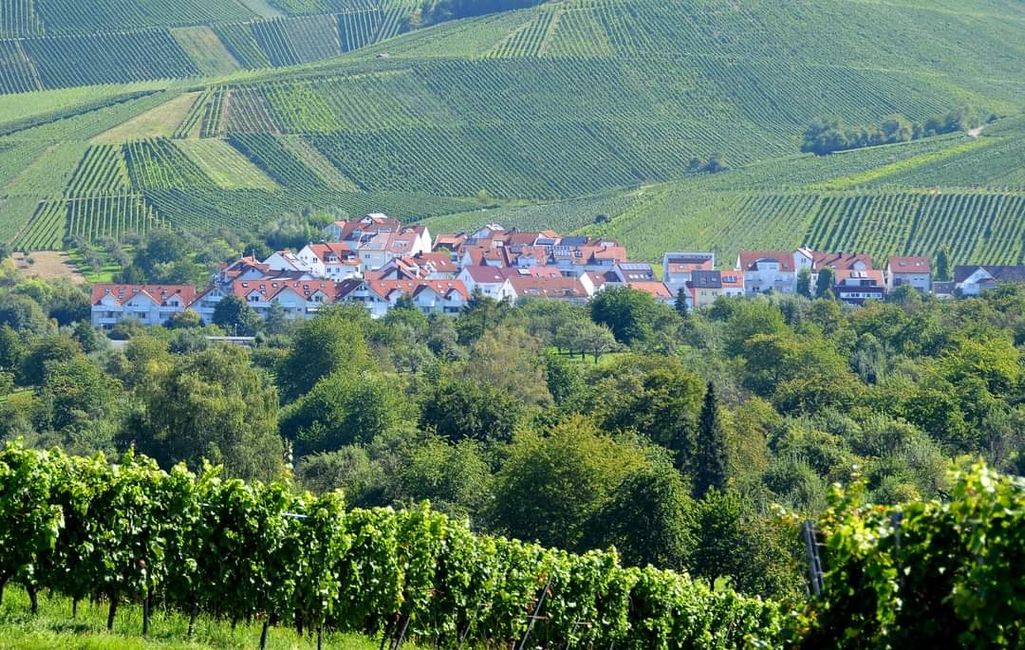
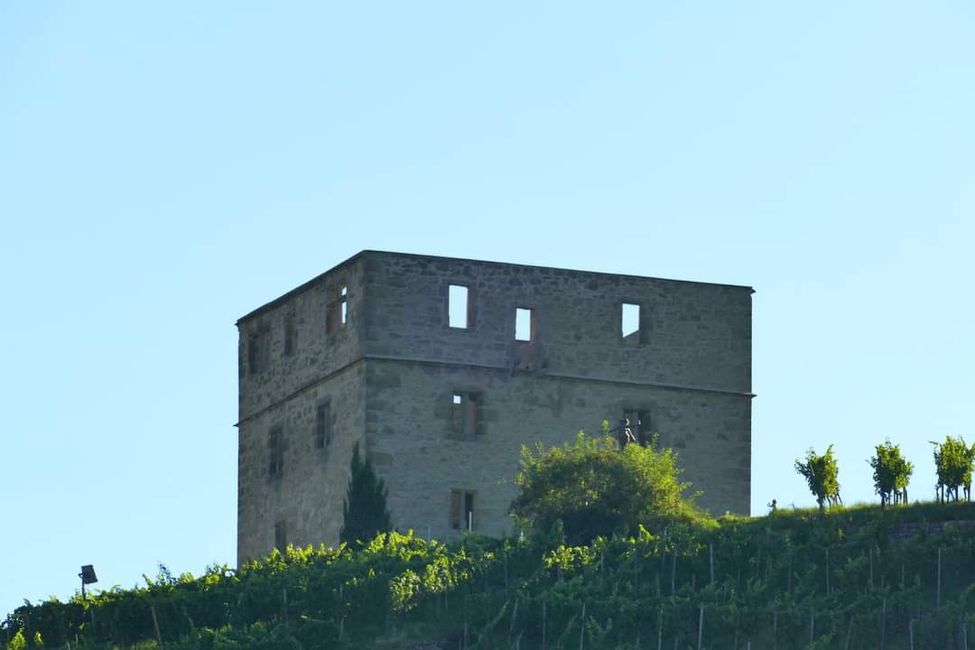
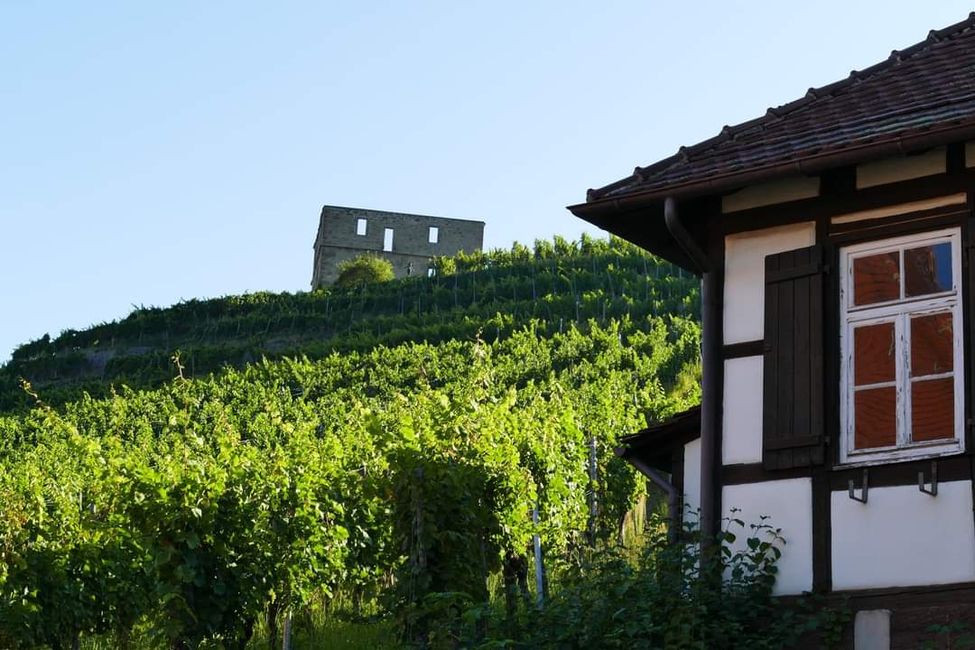
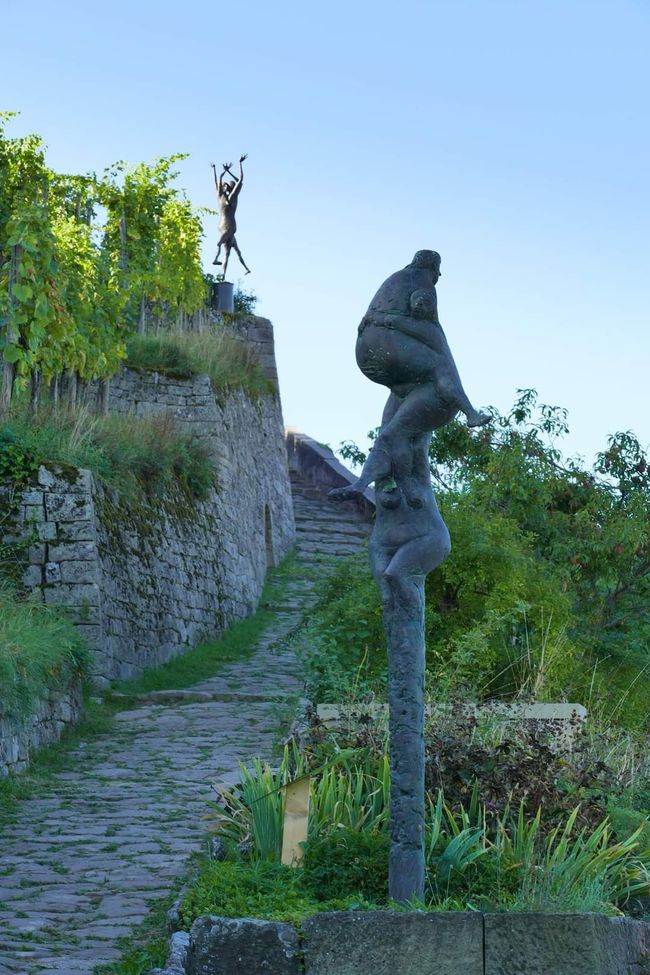
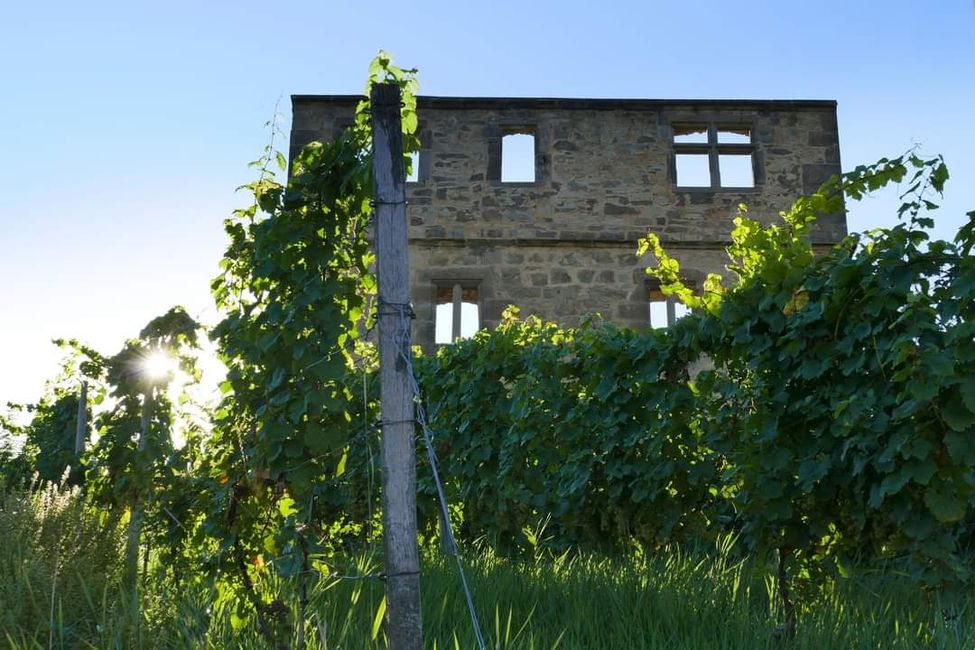
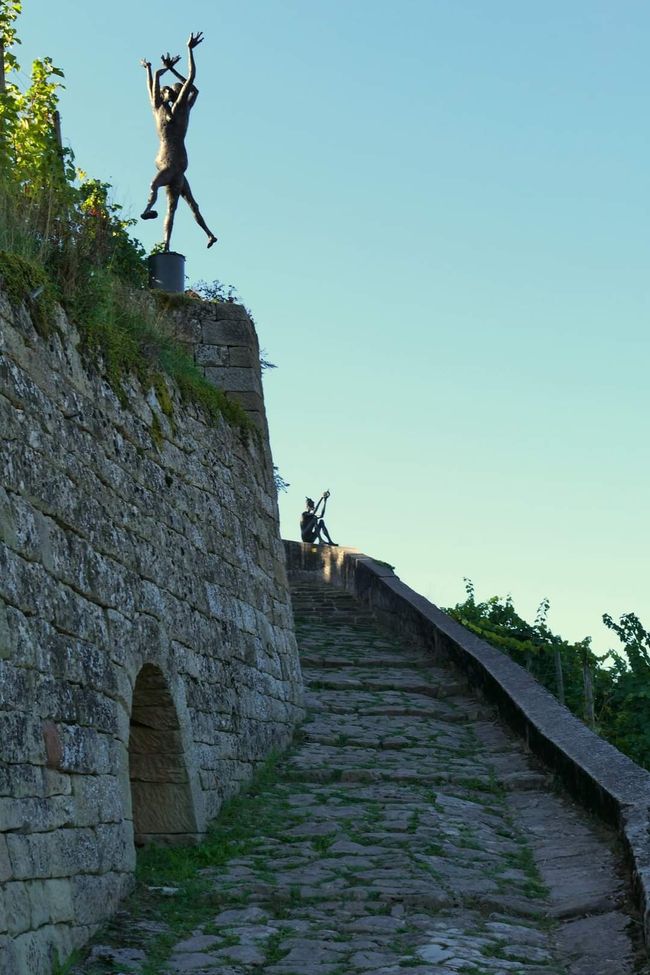
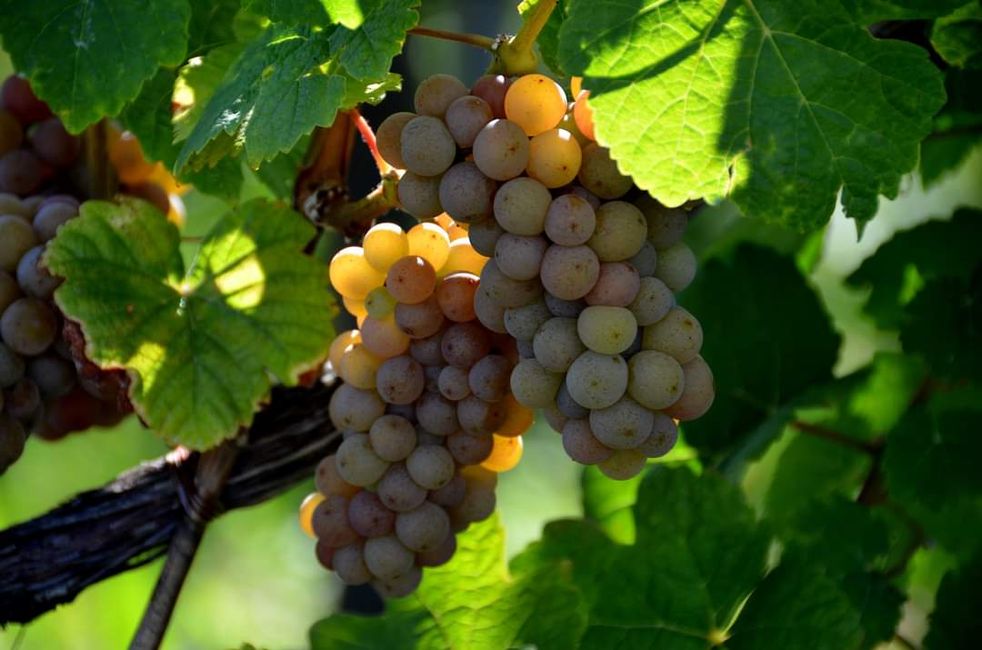
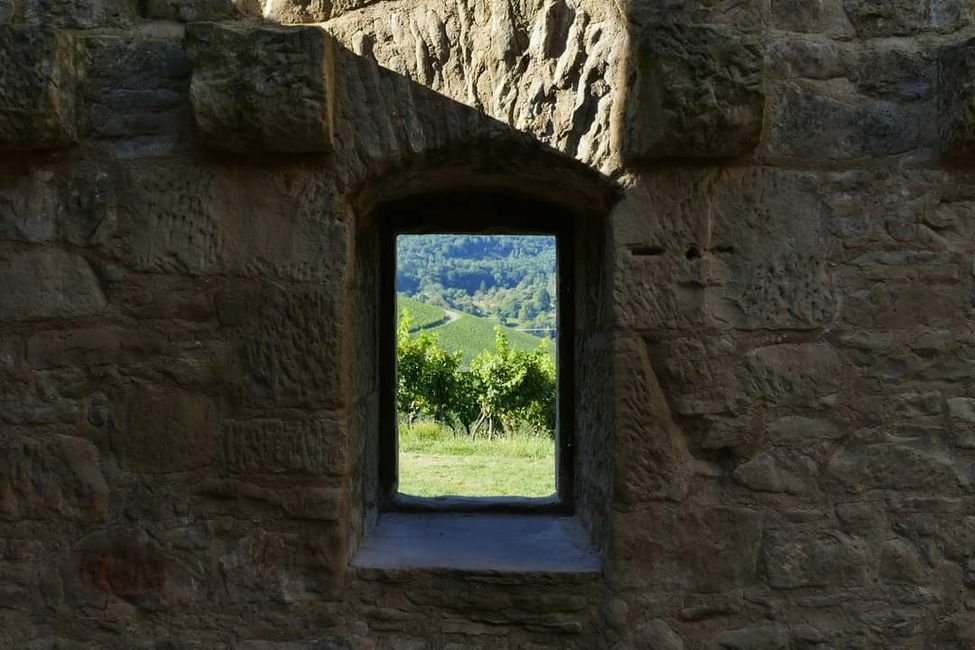
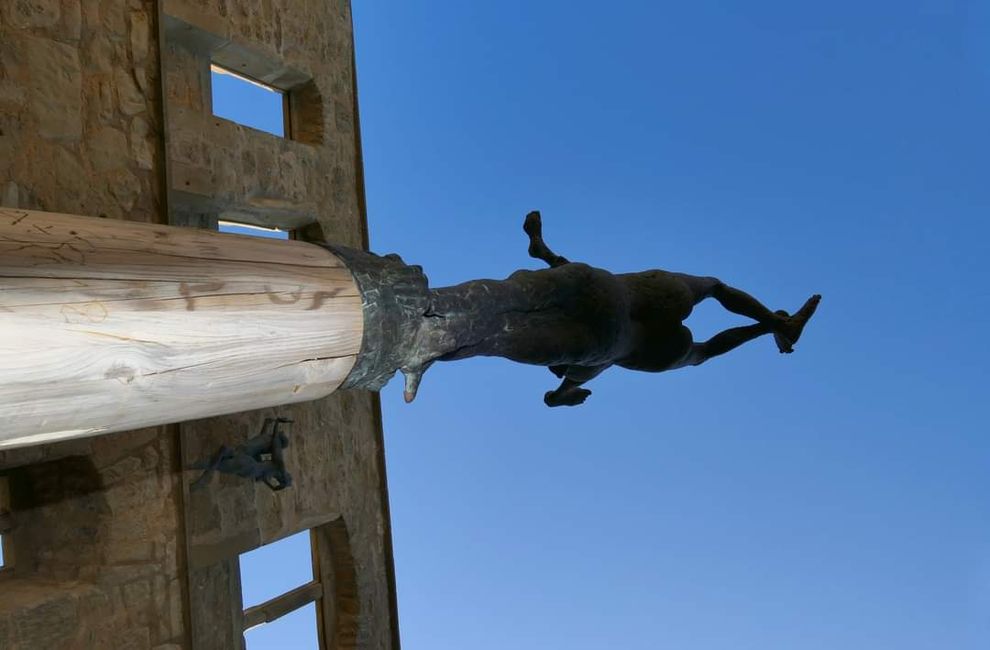
Our journey through the Remstal takes us on this sunny day to Stetten in Remstal, where an impressive landmark shines brightly at us from afar: the Yburg. High above, at 330 meters above sea level, it rises from the vineyards of a side valley of the Rems, nestled in the idyllic landscape characterized by vines and green hills.
Unlike many castles we had visited before, the Yburg does not stand on a hilltop but elegantly nestles into the slope. This unusual structure, surrounded by the renowned vineyards of Pulvermächer, Lindhälder, and Brotwasser, appears almost like a hidden gem amidst the vineyards. The decision to build the castle into the slope gives it a unique allure that immediately captivated us.
We followed the Stettener Wine Trail, about an hour's circular walk that led us through the picturesque vineyards surrounding the castle. The trail offered us not only breathtaking views of the surrounding landscape but also fascinating insights into the region's winemaking. We found the history of the wine location 'Brotwasser' particularly interesting. The name comes from a lady-in-waiting who lived in Stetten and secretly dipped her bread in wine instead of water – a small but charming anecdote that made us smile.
During our tour, we noticed the steep slopes that make viticulture here a real challenge. The steps (Swabian: Stäffele) between the vine rows are just wide enough for a foot to fit comfortably. This steep and narrow access gave us an inkling of the effort and toil the winemakers undertake to cultivate wine in these locations.
Finally, we reached the Yburg itself. Since April 17, 2011, sculptures by the artist Karl Ulrich Nuss adorn the grounds, giving the historical ruin a special atmosphere. The castle, built between 1300 and 1310 by the Truchsessen of Stetten and their cousins from Y-Berg, remained unfinished. The builders were unable to complete the project, and so the castle was mostly demolished in 1760, leaving only the outer walls visible today.
The Yburg was originally designed as a purely residential castle and therefore lacks defensive structures. Another interesting detail: The castle does not have its own well, so the inhabitants had to carry the needed water up from the valley – a task that vividly illustrated the daily life of that time.
The original name of the castle was Eibenburg, but over time the name evolved into the current designation Yburg. This blend of history, nature, and art made our excursion a truly special experience that will remain in our memories for a long time.
What is your favorite castle in the region? Write it in the comments!
#yburg #kernenimremstal #remstal #badenwürttemberg #germany #castle #ruin #middleages #history #excursion #vineyard #wine #hiking #nature #landscape #historyandculture #attraction #holidayinmountain #visitgermany #instacastle #tourismbw #badenwürttemberg tourism #culturalmonument #instawbm #followme #holidayatdoorstep #inregional #holidayinregional #onfoot #regionalisgenius #discoverregion
উত্তৰ
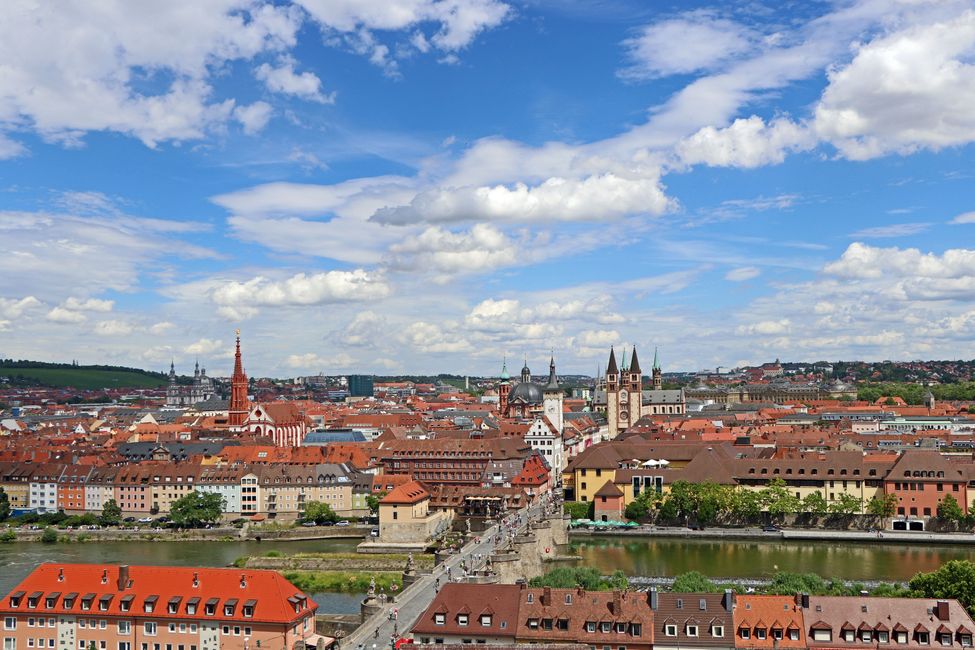
ভ্ৰমণৰ প্ৰতিবেদন জাৰ্মানী
